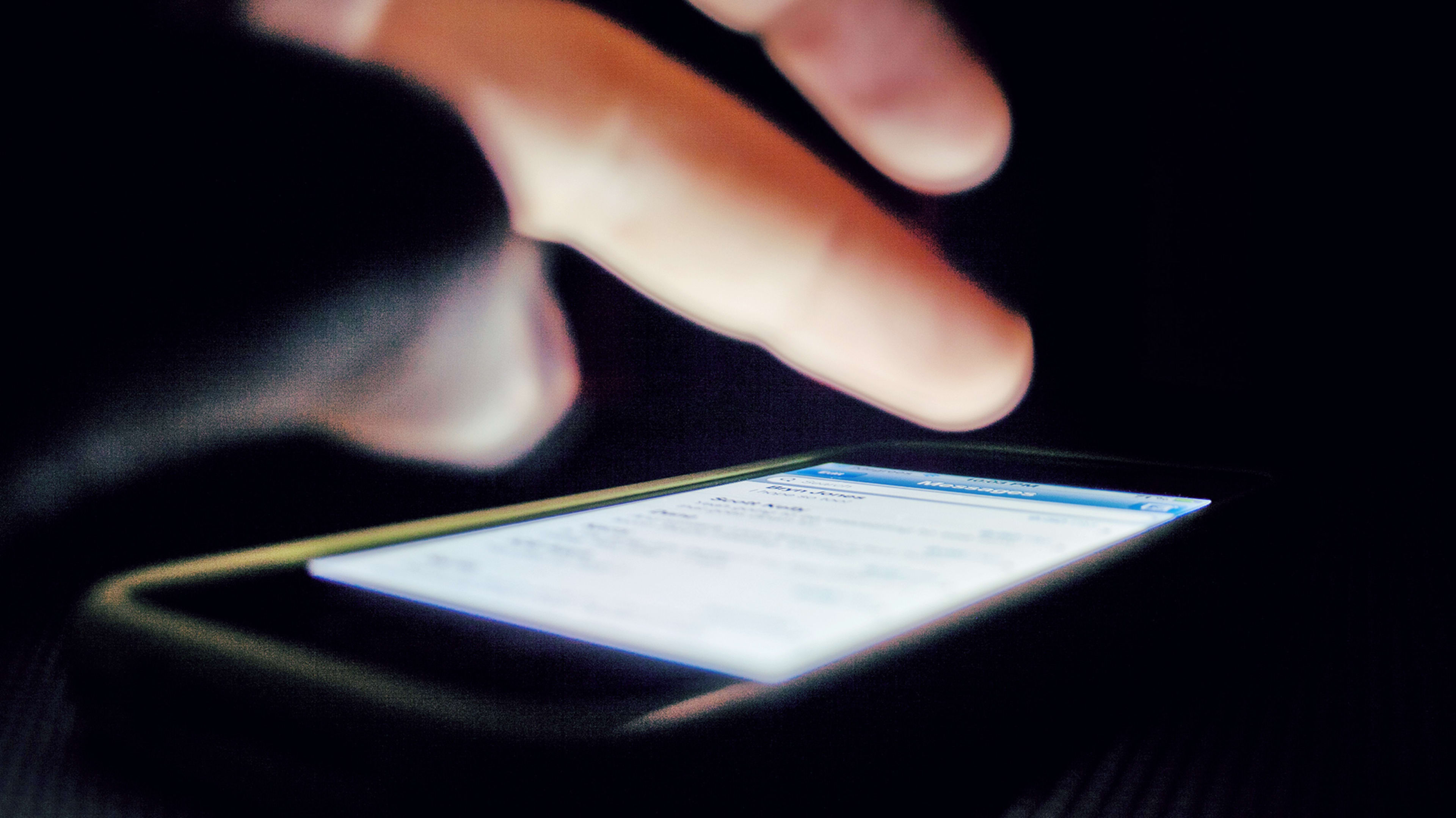So you had an iPhone and now it’s gone–broken, lost, sold, history. Coincidentally around the same time you activate your new non-Apple phone, you notice your iPhone-wielding friends have lost total interest in talking to you. It’s not their fault–it’s Apple’s.
You see, you didn’t realize you were never texting these people in the traditional sense: You were iMessaging them. And now that you’ve left the Apple ecosystem, the chain of communication has been broken, and you can’t seem to figure out how to fix it.
That’s because iMessage is different than texting in one major way–it doesn’t actually send its message over the same SMS infrastructure that texting does. Instead, iMessage is more like Gchat–it works over your 3G/4G connection–and it hijacks your text messages before they go out over traditional SMS. When you get your new iPhone and start texting, you notice that with Apple-owning friends your messages appear in blue. That’s how you know you’re iMessaging. When service is bad, or you talk to an Android or dumbphone user, you’ll notice your message bubbles revert back to Green–normal text messages.
Here’s the problem: When you stop using your iPhone, iMessages continue to be delivered over iMessage–they don’t revert to SMS automatically, just because your iPhone is off, broken or deactivated.
This has been a problem since at least a year ago, and searching the web will net you any number of hapless iPhone owners on messageboards far and wide, trying to figure out where their messages are going.
How To Stop Apple From Hijacking Your Texts
One solution is to delete the old device via your Apple support profile. But for most people who have their Mac nearby, there’s a quicker solution: Open the Messages app in OS X, find the account settings, and uncheck your phone number from the active handles on your account.
If you don’t open Messages often, doing so will result in a cascade of missing texts–these are messages that haven’t been getting delivered to your non-iPhone, but have ended up on your iMessage-enabled Mac, otherwise the last place you’d go to receive a text. Now the lightbulb should go off. Perhaps you get a little pissed. Apple is punishing you for ditching your iPhone by cutting you off from your friends, and they want to make it feel like you need to be on an Apple device to talk to the people you care about.
As soon as you begin using your iPhone, Apple automatically activates iMessage without your asking. What it’s actually doing, in effect, is signing you up for a de facto messaging service where your phone number is your handle. When two iMessage users text each other, Apple makes the connection and hijacks the conversation into iMessage and out of the nominal SMS protocol. They do this to enable fancy features like read receipts.
I’ve spoken with more than a few friends who got zero help from tech support (both Apple and carrier) with this “feature.” It’s been happening so long that there doesn’t seem to be any intention on Apple’s behalf to fix it. This is a jerk move, even more so for the company that makes products that are supposed to be user-friendly.
After running into this issue myself a couple months ago, I’ve run into dozens of people griping about the same problem. To Apple’s credit, so few people ever switch away from iPhones that this problem won’t affect most users. Let’s hope in iOS 7 Apple isn’t so greedy.
[Image: Flickr user Judit Klein]
Recognize your brand’s excellence by applying to this year’s Brands That Matter Awards before the early-rate deadline, May 3.
